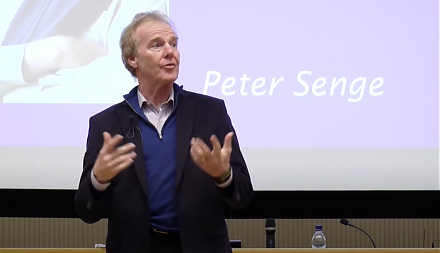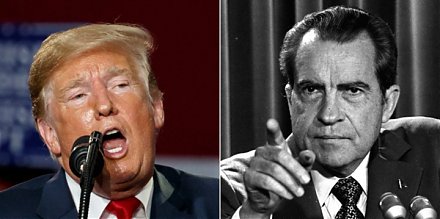

2019-03-21 12:33:00 Thu ET
technology antitrust competition bilateral trade free trade fair trade trade agreement trade surplus trade deficit multilateralism neoliberalism world trade organization regulation public utility current account compliance
Senator Elizabeth Warren proposes breaking up key tech titans such as Facebook, Apple, Microsoft, Google, and Amazon (FAMGA). These tech titans have become too dominant and thus tend to leverage their market power to squelch competition to the detriment of consumers. In addition to bulldozing market competition, these tech titans use private user information for profits, tilt the playing field against small-to-medium enterprises, and stifle R&D innovation as their M&A deals encapsulate niche competitors.
For better scale economies and network effects, several strategic M&A examples include the recent acquisitions of Instagram, Whatsapp, and Oculus (by Facebook), DoubleClick, Waze, and Nest (by Google), Whole Foods and Zappos (by Amazon), and Shazam, Texture, InVisage, Regaind, and Lattice Data (by Apple).
Warren further proposes to bar these prime platform orchestrators (FAMGA) from sharing private user data with third parties. Under the Warren proposal, small tech startups would have a fair shot to sell their products on Amazon without the fear of facing fierce competition from Amazon and its affiliates; Google could not smother competitors by demoting their products and services on the Internet search engine; and Facebook would face real pressure from Instagram and WhatsApp to improve the user experience with better privacy protection.
If any of our AYA Analytica financial health memos (FHM), blog posts, ebooks, newsletters, and notifications etc, or any other form of online content curation, involves potential copyright concerns, please feel free to contact us at service@ayafintech.network so that we can remove relevant content in response to any such request within a reasonable time frame.
2020-08-05 08:33:00 Wednesday ET

Business leaders often think from a systemic perspective, share bold visions, build great teams, and learn new business models. Peter Senge (2006) &nb
2019-10-21 10:35:00 Monday ET

American state attorneys general begin bipartisan antitrust investigations into the market power and corporate behavior of central tech titans such as Apple
2019-07-01 12:35:00 Monday ET

Apple releases the new iOS 13 smartphone features. These features include Dark Mode, Audio Share, Memoji, better privacy protection, smart photo collection,
2018-08-21 11:40:00 Tuesday ET

President Trump criticizes his new Fed Chair Jerome Powell for accelerating the current interest rate hike with greenback strength. This criticism overshado
2020-10-27 07:43:00 Tuesday ET

Most agile lean enterprises often choose to cut costs strategically to make their respective business models fit for growth. Vinay Couto, John Plansky,
2020-07-19 09:25:00 Sunday ET

Senior business leaders can learn much from the lean production system with iterative continuous improvements at Toyota. Takehiko Harada (2015)